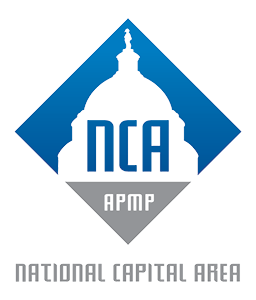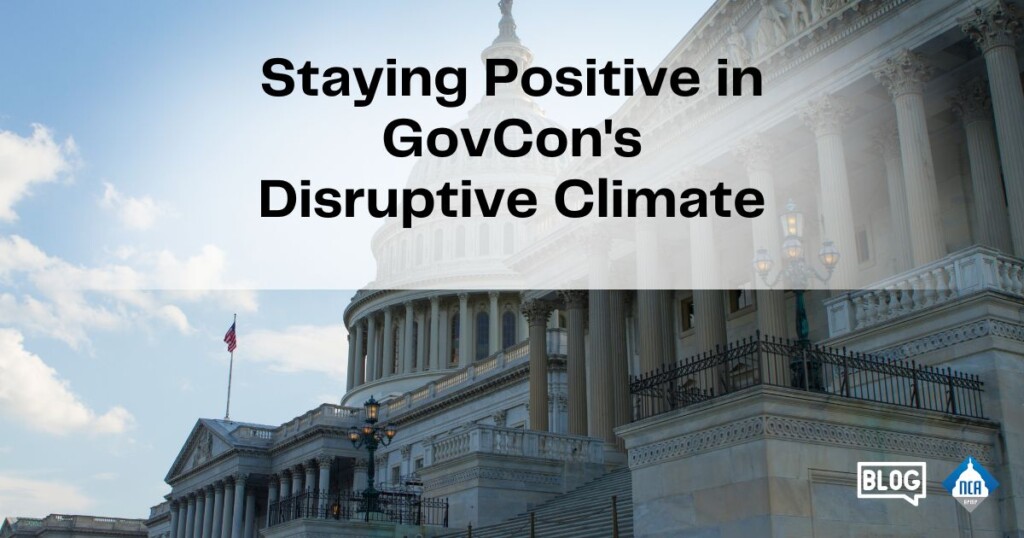by Lisa Pafe, CPP APMP Fellow, PMP
At the 2017 APMP Bid and Proposal Con, my colleague and I facilitated a workshop on Proposal Manager: From Good to Great. Our findings and audience feedback confirmed that Proposal Managers of any merit continually strive to improve their abilities. This article examines the research on going from good to great, specific guidance for Proposal Managers, and impacts on your career.
Good to Great
Good managers are competent. They direct a group in following already established processes and policies. Great managers set a new direction or vision for a group; in other words, they become leaders. How does a manager rise to greatness? Research indicates it’s a combination of practice gained through experience as well as education, temperament, talent, and engagement. A study published in the Harvard Business Review found seven “seismic shifts” from good to great:
- Specialist to Generalist
- Analyst to Integrator
- Tactician to Strategist
- Bricklayer to Architect
- Problem Solver to Agenda Setter
- Warrior to Diplomat
- Supporting Cast Member to Lead Role.
The article concluded that these are a tricky set of changes that require refocusing both effort and skills. For the Proposal Manager, going from good to great is truly a seismic shift in attitude and action.
Guidance for Proposal Managers
Effective Proposal Managers don’t just follow a process, they become engaged at every step. They work closely with the business development (BD), Capture, Solutioning, and Pricing teams to develop winning solutions in a collaborative manner. They get involved very early in the BD life cycle, building trusted relationships and thoroughly understanding requirements, rather than waiting for the RFP to drop. A great Proposal Manager is therefore proactive rather than reactive.
A great Proposal Manager is also a critical thinker. It is in the handoff from Capture to Proposals that many proposal efforts fail. If the Proposal Manager is involved early in facilitating iterative solutioning as well as assessing results to ensure that the solution has a discriminating value proposition, then the handoff is much smoother. Proposal Managers who are both proactive and analytic lead the team to a well-articulated solution that they then map to the evaluation criteria and work requirements. Of course, capture plays a key role here in that they must understand what the customer values and must make sure that the discriminating value proposition reflects the voice of the customer.
Once the proposal writing and reviewing begins, a great Proposal Manager checks the work in Agile iterations, asking probing questions about draft content, offering suggested fixes, and keeping the team on schedule and on track with the value proposition. A great Proposal Manager does not simply receive inputs and passively copy these into the master proposal template. They read and critically assess the inputs beyond compliance.
- Does the solution include clearly defined features, benefits, and proofs?
- When elements of the solution exceed requirements and/or significantly reduce risks, does the proposal express these as strengths?
- Are there weaknesses, deficiencies, or risks that need to be mitigated and/or gaps that need to be filled?
- Are there discriminating strengths clearly expressed as a value proposition that the customer values?
A great Proposal Manager is not a passive spectator but a driving force, questioning everything. The best Proposal Managers are unafraid to assertively take action and to possibly not be liked as a result. Being respected is more important.[intense_blockquote width=”33%” rightalign=”1″]”Good managers are competent. They direct a group in following already established processes and policies. Great managers set a new direction or vision for a group; in other words, they become leaders.”[/intense_blockquote]
A great Proposal Manager also takes the lead on lessons learned:
- What worked well, and what did not work well?
- Which proposal participants added value, and which did not?
- What changes must be made to improve processes, create better proposal teams, and increase win probability?
Once the customer provides the debrief, win or lose, a great Proposal Manager assesses the information provided. The major focal point of the analysis is understanding what the customer valued. If the offer contained discriminating strengths, did the customer recognize these? If not, was it because the value proposition was not properly articulated, or was it because we misunderstood the customer’s requirements, hot buttons, objectives, and/or risk aversion level? A great Proposal Manager incorporates this information into the feedback and continuous improvement loop for the next bid.
Impacts on Your Career
In his bestselling book, Good to Great, Jim Collins states that companies on the road to greatness make a To-Do List and a Stop Doing List. The same applies to your role as Proposal Manager. If your role is primarily administrative (sending meeting invites, creating calendars, holding status calls, coordinating inputs, ordering food for the war room), then you need to add these items to the Stop Doing List. Many good Proposal Managers fall into the trap of serving as a coordinator, and the more you act in this role, the less likely you are to be great.
What should be on your To-Do List? I recommend the following:
- Take advantage of training and educational opportunities whenever you can—not just in proposal management, but in capture, writing, graphics, competitive intelligence, Price to Win, and more.
- Achieve certifications—not just APMP, but other appropriate certifications, which may include PMI PMP, ITIL, Agile, and the like.
- Participate in associations—most definitely APMP at the International and local levels, but also consider participating in other professional organizations that can help you network and build your knowledge base.
- Insert yourself into all phases of the business development life cycle once an opportunity is identified and qualified. A great Proposal Manager is involved in capture, competitive intelligence, solutioning, pricing, writing, reviewing, and lessons learned. Remember, you are not becoming a specialist in these, but at the least a generalist, and serving as facilitator and critic as needed.
- Find mentors—connect with a great Proposal Manager who can give you both positive feedback and constructive criticism as well as mentors for other aspects of your job such as leadership and supervision.
- Contribute to thought leadership. A great Proposal Manager participates in our profession by writing articles, participating in social media discussions, and presenting at conferences.
Another concept from Collins’ book that is very applicable to our profession is the Hedgehog Concept: you only achieve greatness at the intersection of passion, talent, and appropriate compensation. Your employer should reward your demonstrated love for your work and your innate and learned gifts with fitting salary, benefits, bonuses, and promotions. You must be your own best advocate, making sure that your value is appreciated and compensated.
A great Proposal Manager has innate talent and temperament but uses these as a springboard for reaching greatness. Be honest with yourself. Do you have what it takes to be great? If so, take immediate action to make the seismic shift.



